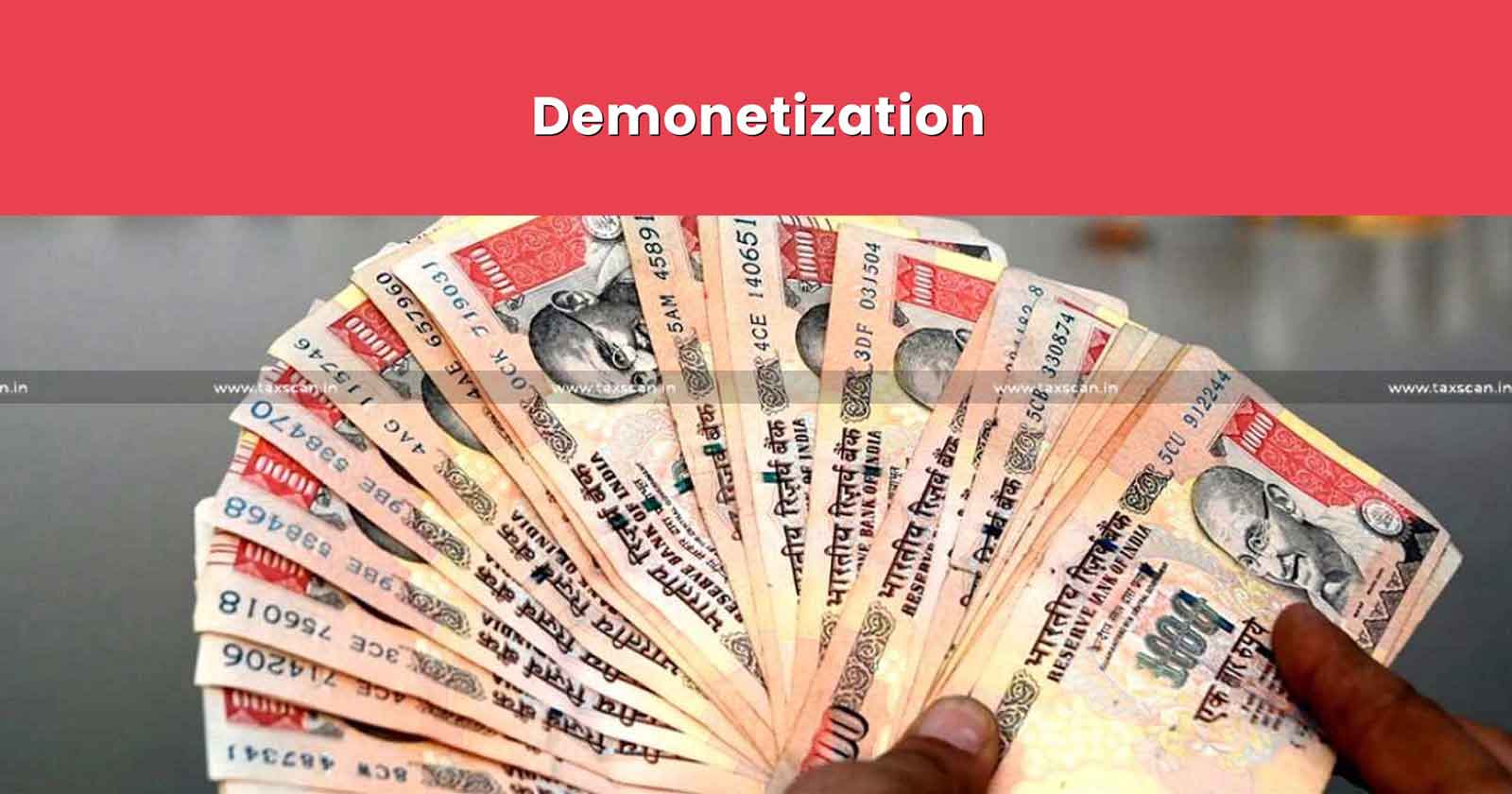ITAT Rules Approval u/s 151 Invalid Due to Mechanical Sanction Without Application of Mind, Quashes Reassessment order [Read Order]
The Tribunal quashed reassessment proceedings under Section 148 of the Income Tax Act, 1961, and ruled that the approval under Section 151 invalid due to mechanical sanction granted without proper application of mind by the competent authority
![ITAT Rules Approval u/s 151 Invalid Due to Mechanical Sanction Without Application of Mind, Quashes Reassessment order [Read Order] ITAT Rules Approval u/s 151 Invalid Due to Mechanical Sanction Without Application of Mind, Quashes Reassessment order [Read Order]](https://images.taxscan.in/h-upload/2025/08/13/2076376-itat-itat-rules-itat-rules-approval-invalid-due-to-mechanical-sanction-taxscan.webp)
The Delhi Bench of the Income Tax Appellate Tribunal (ITAT) has invalidated reassessment proceedings initiated and declared the approval granted under Section 151 of the Income Tax Act, 1961, as mechanically sanctioned without due application of mind, rendering the reassessment order void.
Antriksh Growth Fund Ltd. (assessee) faced reassessment proceedings for the Assessment Year 2006-07, initiated by the Assessing Officer (AO) under Section 148. The AO sought approval from the Additional Commissioner of Income Tax (Addl. CIT) under Section 151, citing Section 147(C) as the applicable provision for reopening the assessment.
The approval was granted, leading to an assessment order that included additions under Section 68 for unexplained cash credits. Aggrieved by the AO’s order, the assessee appealed to the Commissioner of Income Tax (Appeals) [CIT(A)].
 Also Read:Adhoc Disallowance Without Complete Verification Unsustainable: ITAT Deletes ₹22 Lakh Addition for Cash Purchases from URD
Also Read:Adhoc Disallowance Without Complete Verification Unsustainable: ITAT Deletes ₹22 Lakh Addition for Cash Purchases from URD
Comprehensive Guide of Law and Procedure for Filing of Income Tax Appeals, Click Here
The CIT(A) deleted the addition made under Section 68 of the Income Tax Act. Aggrieved by the CIT(A)’s order, the Revenue appealed to the ITAT. The assessee also filed a cross-objection, challenging the validity of the reassessment on the grounds that the approval under Section 151 of the Income tax Act.
The assessee’s counsel argued that the AO’s reference to the non-existent Section 147(C) in the approval proforma demonstrated a lack of application of mind. The counsel further contended that the Addl. CIT’s approval was mechanical.
The counsel for the assessee also relied on the Delhi Bench’s ruling in ITO vs. Rajiv Kumar Arora, which quashed reassessments for similar procedural lapses.
The Revenue’s counsel defended the AO’s actions, arguing that any defect in citing the wrong section was curable under Section 292BB of the Act. The assessee countered with Tribunal decisions in Madhu Apartments India Pvt. Ltd. and Omkam Developers Ltd., which held that such defects were not curable when approval was granted mechanically.
The two-member bench, comprising Challa Nagendra Prasad (Judicial Member) and M. Balaganesh (Accountant Member) examined the approval proforma and observed that the AO’s citation of Section 147(C), a non-existent provision, indicated a clear lack of application of mind.
Comprehensive Guide of Law and Procedure for Filing of Income Tax Appeals, Click Here
The bench noted that the Addl. CIT’s approval failed to address this error, reflecting a mechanical sanction process. It further relied on the Supreme Court’s ruling in Chhugamal Rajpal which emphasized that mechanical approvals under Section 151 violate statutory safeguards and render reassessments invalid.
 Also Read:No Bar on Retaining Cash for Reasonable Period if Source Traceable: ITAT Quashes Cash Deposit Addition During Demonetisation in absence of Corroborative Evidence [Read Order]
Also Read:No Bar on Retaining Cash for Reasonable Period if Source Traceable: ITAT Quashes Cash Deposit Addition During Demonetisation in absence of Corroborative Evidence [Read Order]
The bench held that the approval under Section 151 was invalid due to its mechanical nature and non-application of mind by both the AO and the approving authority. It quashed the reassessment proceedings and the resulting order under Section 143(3) read with Section 147 as void ab initio.
The cross-objection filed by the assessee was allowed, and the appeal filed by the Revenue was dismissed.
Support our journalism by subscribing to Taxscan premium. Follow us on Telegram for quick updates


